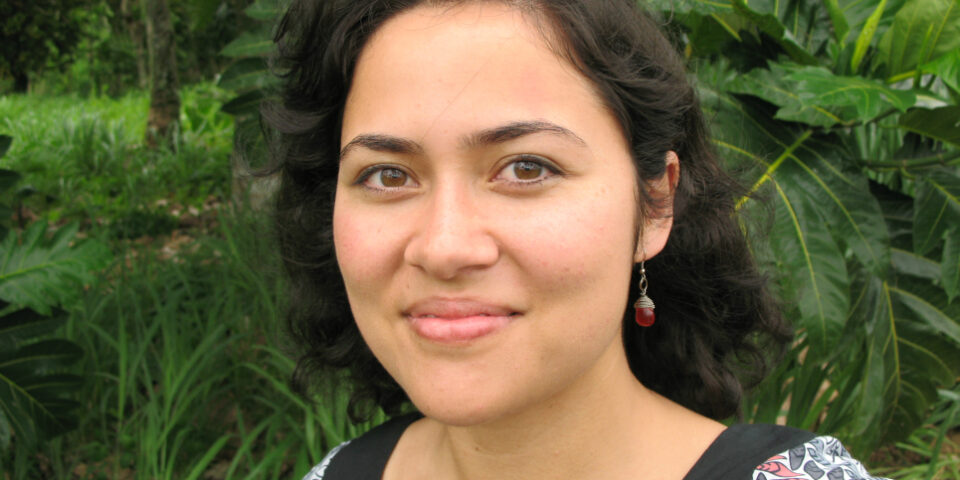I was born and raised in the Church. Through both my Canadian mother and Tongan father, I have Mormon heritage going back several generations. I married my husband in the temple and have served as a gospel doctrine teacher, in the primary presidency, in the stake Relief Society presidency, and in various music callings. I studied art in university, I have lived and studied in France and New Zealand and I am a mother to three fantastic daughters.
I care deeply about the Church. The LDS faith is the culture I grew up in and is the lens of my spiritual journey. It is my faith language and the faith of my ancestors. It is an important part of my identity. As a Mormon, I grew up believing that I was a child of God, beloved of my Heavenly Parents. What a wonderfully comforting and encouraging teaching.
As a child, I didn’t question the messages that I received about gender in the Church, but as I got older, those messages became a source of pain and confusion. In my heart, I felt that our Heavenly Parents loved, valued and trusted their daughters as much as their sons, but in the Church, overwhelmingly, I saw male voices and perspectives privileged and esteemed over those of women. I started asking questions. Why in an entire weekend of General Conference sessions would only one or two women speak? Why were working mothers often met with criticism in my wards? Why couldn’t I bless my beloved baby alongside my husband? Why did I get the message that to want a career for myself outside the home would be selfish? Why are women’s decisions in the Church always subject to approval by a man? Why could women no longer administer blessings of healing as they once had in the early Church? Why did I feel so unequal in the temple, where I was meant to feel closest to God? It didn’t feel right, and once I saw the inequality, I couldn’t justify it as being God’s will.
I don’t think our ability to lead, spiritually or administratively, is tied to our gender, but because the priesthood is inextricably tied to these roles and it is only given to men, women are barred from the vast majority of leadership roles in the Church. I feel like the Church is missing out on the voices, perspectives, talent and ability of half of its members. It could only benefit from opening up leadership opportunities to all of its members, regardless of gender. I don’t personally feel called to ask for the priesthood for myself, but after much contemplation, I just don’t see how the LDS church can move towards meaningful gender equality without extending the priesthood to women. I feel that it is something that would bless the lives of both men and women.
I have heard it said, and it rings true for me, that “you can’t be what you can’t see.” Girls growing up in the Church need to know that they have just as much potential, insight and ability as men. One way they can know this on a very fundamental level is to see men and women working, leading and serving together as equals in the Church. I believe that women should be ordained.







